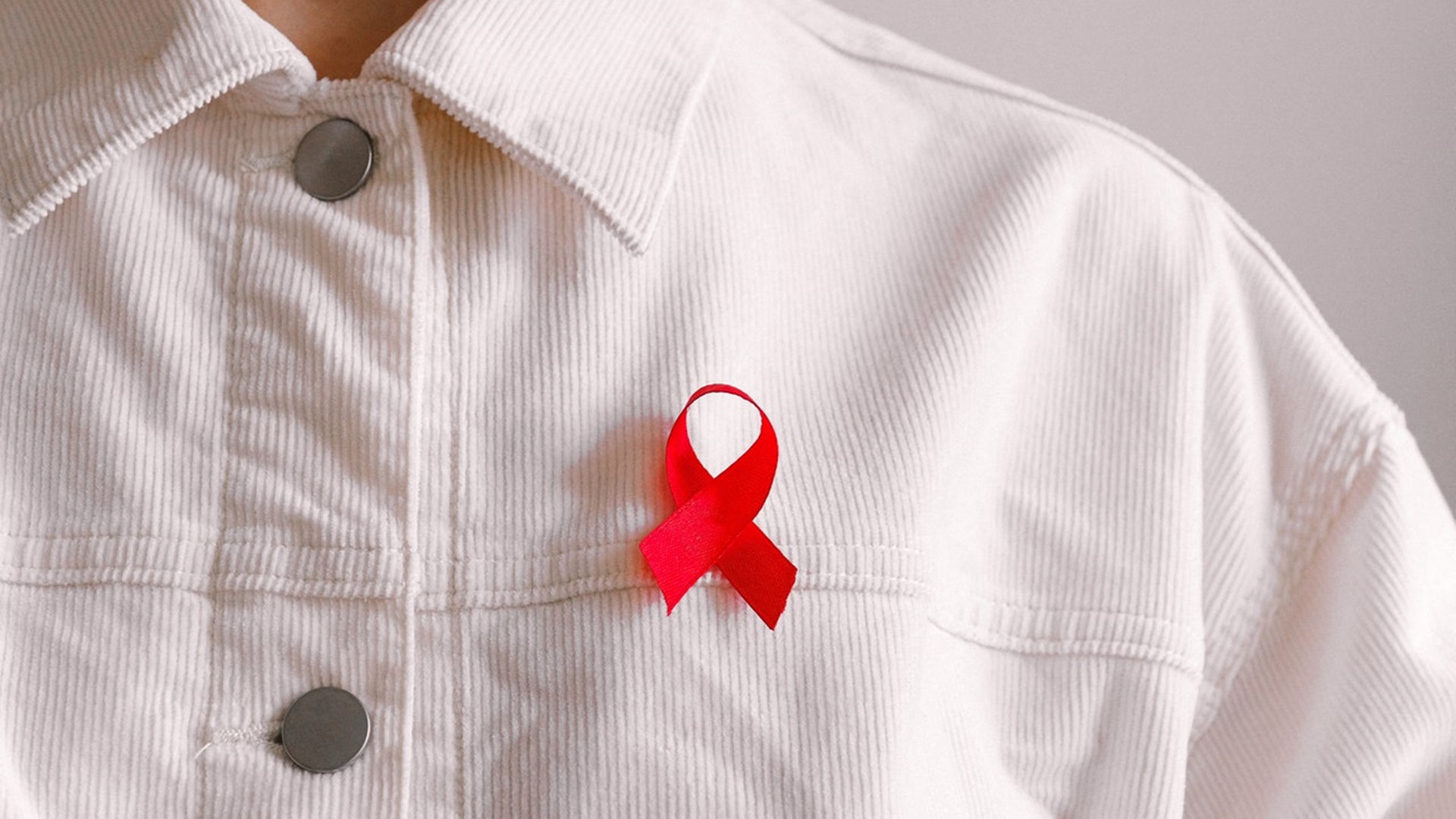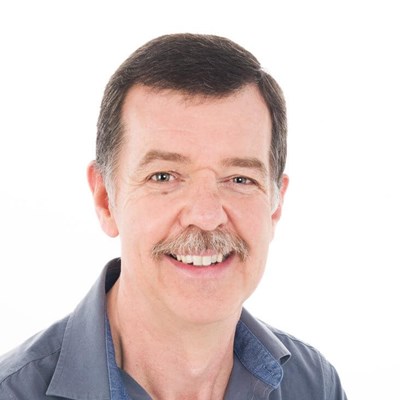
40 years of HIV/AIDS in the UK
A virus that feels out-of-control, uncertainty as what is causing the disease, insecurity about how to stay safe and many people around you who seem not to care. No, not COVID-19 in 2020 but HIV/AIDS in 1984.
As a 20-something gay man just moved to London, this was what faced me. That and unemployment, exploring my sexuality and ‘that woman’ – Margaret Thatcher. With a majority government, the Prime Minister carried out unopposed plans to prevent the advances of gay rights and wellbeing. It seemed a perfect storm.
Thatcher’s controlling of the school curriculum started in 1981 and culminated on 24 May 1988 with the passing of Section 28 of the Local Government Act, which stated that a local authority 'shall not intentionally promote homosexuality or publish material with the intention of promoting homosexuality' or 'promote the teaching in any maintained school of the acceptability of homosexuality as a pretended family relationship'.
The author Terry Pratchett has a character who is fond of saying, 'You do the job that’s in front of you,' and that was certainly the case in those early years. People were dying, clearly they were getting the disease somehow, and yet the 'gay community' was simply focussed on surviving in a hostile environment. The survival mentality was a hangover from the early 20th century's attitudes to homosexuality. It collided with the 80s sense of empowerment and equal rights which drove the creation of the idea of a 'community' that supported and encouraged a growing number of pubs, clubs, businesses, and support groups. AIDS threatened to put an end to that emerging community spirit.
Those early phone calls at Terrence Higgins Trust were of panic, distrust and fear. Questions, questions, questions and so few answers. Early advice, that we dropped very quickly, was simplistic in the extreme – 'Don’t have sex with Americans!' Given that the first indications of the epidemic came from America, this is the usual first step in any protection strategy – 'Blame someone else!' Very soon it was recognised that this was unfair, unenforceable and very bad science.
So little was known and there were only a few facts that we could hold on to; it seemed rare, there must be some as yet unknown factor X involved, and the disease appeared limited to a few groups of people. Not much comfort if the group happens to be you. However, with so few facts to go on everything was implicated, from infection via toilet seats and cutlery to divine retribution and, top of the blame hit list – gay male promiscuity. We worked hard to build alliances with medics and provide the best information we could to our community and the world.
I meet all sorts of people in my work now, and yet facing and squaring up to HIV has been the defining moment of my life. The 'lived experience' of those days forged in me skills, ideas and concepts that no training could ever hope to provide, so my advice to trainees is – 'get involved' and put your knowledge and skills to work in practical, real-world situations.
What I learned in those days that informs my psychotherapy practice today
- Most people live in fear of something.
- Standing up for my beliefs and values is scary and exciting – in equal amounts, on balance.
- Being informed is better than being ignorant, mostly.
- People in adversity either run away or run towards their fear – I chose to run towards mine, mainly.
- In times of stress, it's easy to lash out (I know I did a few times and which now, on reflection, I regret very much).
- It's very useful to accept a state of 'not knowing'.
- My value (self-esteem) is not dependent on my knowledge, financial resources, or status but on my ethics and how I treat others.
- People are doing the best they can with what they have.
- All things come to an end.
Would I change anything? Far too many things to list in this short blog. This experience has shaped me but it hasn't created me. Now at 61, I’ve survived skin cancer and prostate cancer and after HIV/AIDS, and maybe because of it, nothing seems very frightening anymore.
You can see some of Martin's work with the Terrence Higgins Trust, as well as other television programmes broadcast at the time, in his AIDS Archive YouTube channel.
Share
Like most websites, we use cookies. If this is okay with you, please close this message or read more about your options.


